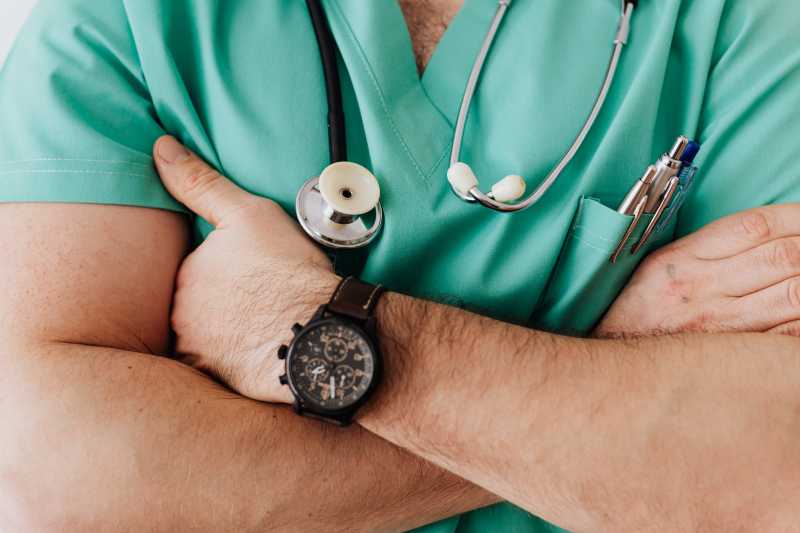Healthcare is a field that is constantly evolving, with new technologies and methodologies being introduced regularly. One such innovation that has been making waves in recent years is data science. This discipline, which involves the use of statistical methods and algorithms to extract insights from large amounts of data, has the potential to revolutionize the way we approach patient care and diagnosis. In this comprehensive guide, we will explore the role of data science in healthcare, and how it can help improve patient outcomes.
Understanding Data Science in Healthcare
Data science in healthcare involves the use of advanced analytics techniques, such as machine learning and artificial intelligence, to analyze large amounts of health data. This data can come from a variety of sources, including electronic health records, medical imaging, genomic sequencing, and wearable technology. By analyzing this data, healthcare providers can gain valuable insights that can help them make more informed decisions about patient care.
For example, data science can be used to predict which patients are at risk of developing certain conditions, allowing for early intervention and treatment. It can also be used to identify patterns and trends in patient behavior, which can help healthcare providers develop more effective treatment plans. Additionally, data science can be used to improve operational efficiency in healthcare settings, such as optimizing scheduling and reducing wait times.
The Role of Data Science in Patient Care
One of the main ways that data science is being used in healthcare is to improve patient care. By analyzing large amounts of patient data, healthcare providers can gain a more comprehensive understanding of a patient’s health and develop more personalized treatment plans.
For example, data science can be used to analyze a patient’s electronic health record, which contains a wealth of information about their medical history, including past diagnoses, treatments, and outcomes. By analyzing this data, healthcare providers can identify patterns and trends that can help them predict future health issues and develop preventative measures.
Data science can also be used to analyze data from wearable technology, such as fitness trackers and smartwatches. This data can provide insights into a patient’s lifestyle and behavior, such as their physical activity levels, sleep patterns, and heart rate. This information can be used to inform treatment plans and lifestyle recommendations.
Furthermore, data science can be used to improve patient engagement and satisfaction. By analyzing patient feedback and behavior, healthcare providers can identify areas for improvement and implement changes that can enhance the patient experience.
Data Science in Diagnosis
Another important application of data science in healthcare is in the field of diagnosis. Traditional diagnostic methods often rely on a doctor’s judgment and experience, which can sometimes lead to errors or delays in diagnosis. However, with the help of data science, healthcare providers can make more accurate and timely diagnoses.
For example, machine learning algorithms can be used to analyze medical imaging data, such as X-rays and MRIs, to detect abnormalities that may indicate a disease or condition. These algorithms can often detect subtle patterns and anomalies that may be missed by the human eye, leading to earlier and more accurate diagnoses.
Data science can also be used to analyze genomic data to identify genetic markers for certain diseases. This can help doctors diagnose conditions that may not be detectable through traditional diagnostic methods, and can also help predict a patient’s risk of developing certain conditions in the future.
Case Studies
There are numerous examples of how data science is being used in healthcare to improve patient care and diagnosis. Here are a few case studies that highlight the potential of this technology.
Conclusion
Data science has the potential to revolutionize the field of healthcare, improving patient care and diagnosis. By leveraging advanced analytics techniques, healthcare providers can gain valuable insights from large amounts of health data, leading to more informed decisions and better patient outcomes.
Whether it’s predicting patient risk, personalizing treatment plans, improving operational efficiency, or enhancing patient engagement, the possibilities are endless. As technology continues to advance, we can expect to see even more innovative applications of data science in healthcare.
Interested in learning more about how data science can improve your healthcare services? Contact us today to discuss your needs and explore our solutions.










